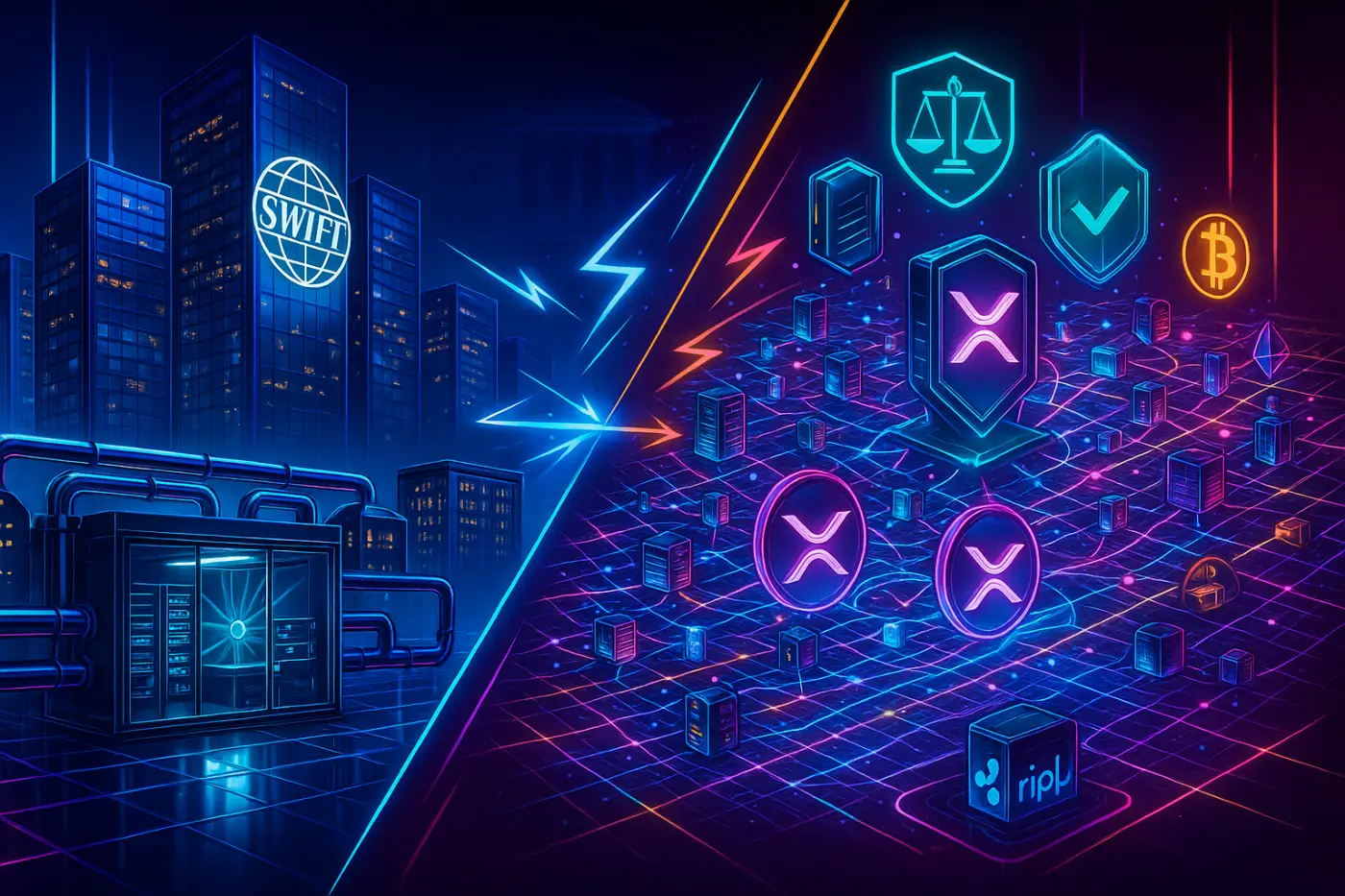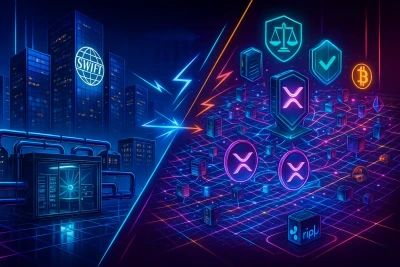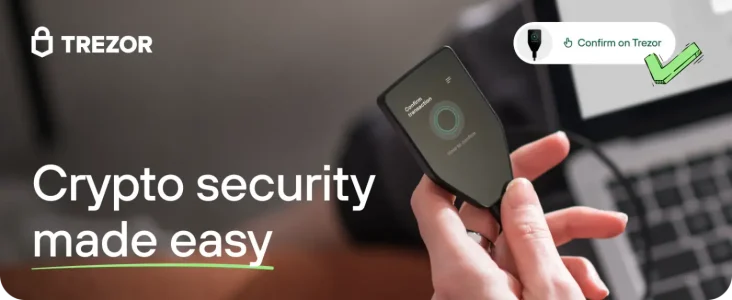XRPL Validator Rebuts SWIFT CIO Critique of Ripple
A validator on the XRP Ledger (XRPL) pushed back this week against criticism from Tom Zschach, Chief Innovation Officer at SWIFT, after Zschach questioned the resilience and governance of blockchain networks.
Zschach argued that surviving legal challenges does not necessarily demonstrate a network’s robustness and that institutions favor neutral, shared governance for financial infrastructure.
The XRPL validator, known as Vet, countered those points by outlining how XRPL’s governance operates in practice. Vet said the ledger is maintained by hundreds of independent nodes, which prevents any single company from controlling or unilaterally changing network rules. That structure, Vet argued, aligns XRPL’s governance model with other major public networks such as Bitcoin and Ethereum, and removes the basis for claims that institutions would be tied to a competitor’s proprietary system.
Vet also addressed misconceptions about XRP’s centralization, stressing that Ripple — although closely associated with the asset — does not govern the ledger and cannot skew protocol rules to its advantage. The response referenced broader commentary from David Schwartz, who has emphasized XRPL’s decentralized design in contrast to the proof-of-work consensus used by Bitcoin.
- Hundreds of independent nodes maintain the ledger, limiting any single actor’s control.
- XRPL’s governance model is framed as comparable to other major public networks, countering claims of institutional lock-in to proprietary systems.
- Ripple is closely associated with XRP but is not the governing authority of the ledger and cannot unilaterally alter protocol rules.
The exchange reflects ongoing tensions between legacy financial messaging systems and public blockchains as the industry debates compliance, decentralization, and institutional adoption. Vet noted that Ripple has engaged with regulators and compliance standards historically, and framed the disagreement as rooted in differing understandings of blockchain governance rather than clear technical shortcomings.
Looking ahead: the discussion is likely to continue as banks and payment networks weigh the trade-offs between neutral, shared governance and proprietary solutions in payments and cross-border settlement.





